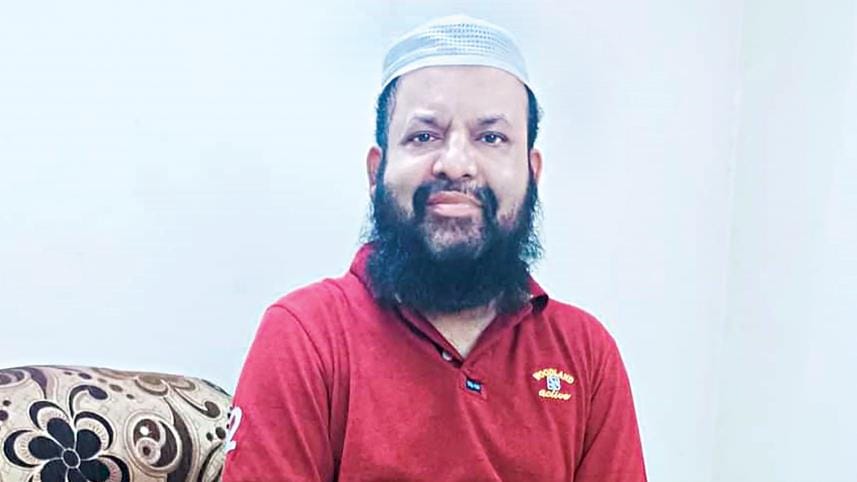‘We are in a take-off position’

Khandokar Hassan Monir, vice-president of the Bangladesh Table Tennis Federation (BTTF), plays an important role in the development of table tennis in Bangladesh and he spoke to The Daily Star's Anisur Rahman about the past, present and future. The excerpts are below:
The Daily Star (DS): Please tell us where table tennis stands at the moment?
Khandokar Hassan Monir (KHM): We are in a take-off position towards a good situation. By the grace of the Almighty we can boldly say that we will win a silver medal in the next South Asian Games, something we have never achieved before.
DS: Can you tell us the reasons behind the game's decline?
KHM: I agree that the popularity of table tennis has reduced a bit because of failure at the international level for 17 years [actually 14 years from 1996 to 2009]. When players can't produce good results at the international level, the game generally loses popularity. But it is gaining popularity again because we grabbed bronze medals in each of the last three SA Games. Changes are also coming on the domestic front.
DS: Is there an iconic player in the current squad with the potential to become future star?
KHM: More important than stars is to win an international medal. There are some players in line who can be iconic players, like national champion Mohtasin Ahmed Ridoy -- who outshone all previous players by moving into the quarterfinals in U-19s group of the WTT Youth competition in Oman last October. Ramhim Lian Bom played in the pre-quarterfinals. The Bangladesh men's team -- comprising Ridoy, Ramhim, Sabbir and Sajib -- finished 20th out of 43 countries in the Asian Table Tennis Championship. I think all four have the possibility to be stars in future.
DS: Players and officials have often been involved in conflicts in the past. So how will the sport progress?
KHM: Given the socio-economic aspect of Bangladesh, no player can ensure a future by playing only table tennis. So, they also have to work for their bread and butter. A gap was created due to the implementation of training instructions from the Bangladesh Olympic Association, which directed us to not consider players for the national team if they do not attend training twice a day. Because of that instruction, some players were dropped. But we are now reaping benefits, with junior players coming in and replacing replace senior players based on merit.
DS: In which context you are conducting long-term training with players from different groups?
KHM: We are eight months into a four-year training camp. We are nursing 22 male and female players from U-15, U-19 and U-21 and the national players because we our preliminary target is to win a silver medal in the next SA Games.



 For all latest news, follow The Daily Star's Google News channel.
For all latest news, follow The Daily Star's Google News channel.
Comments